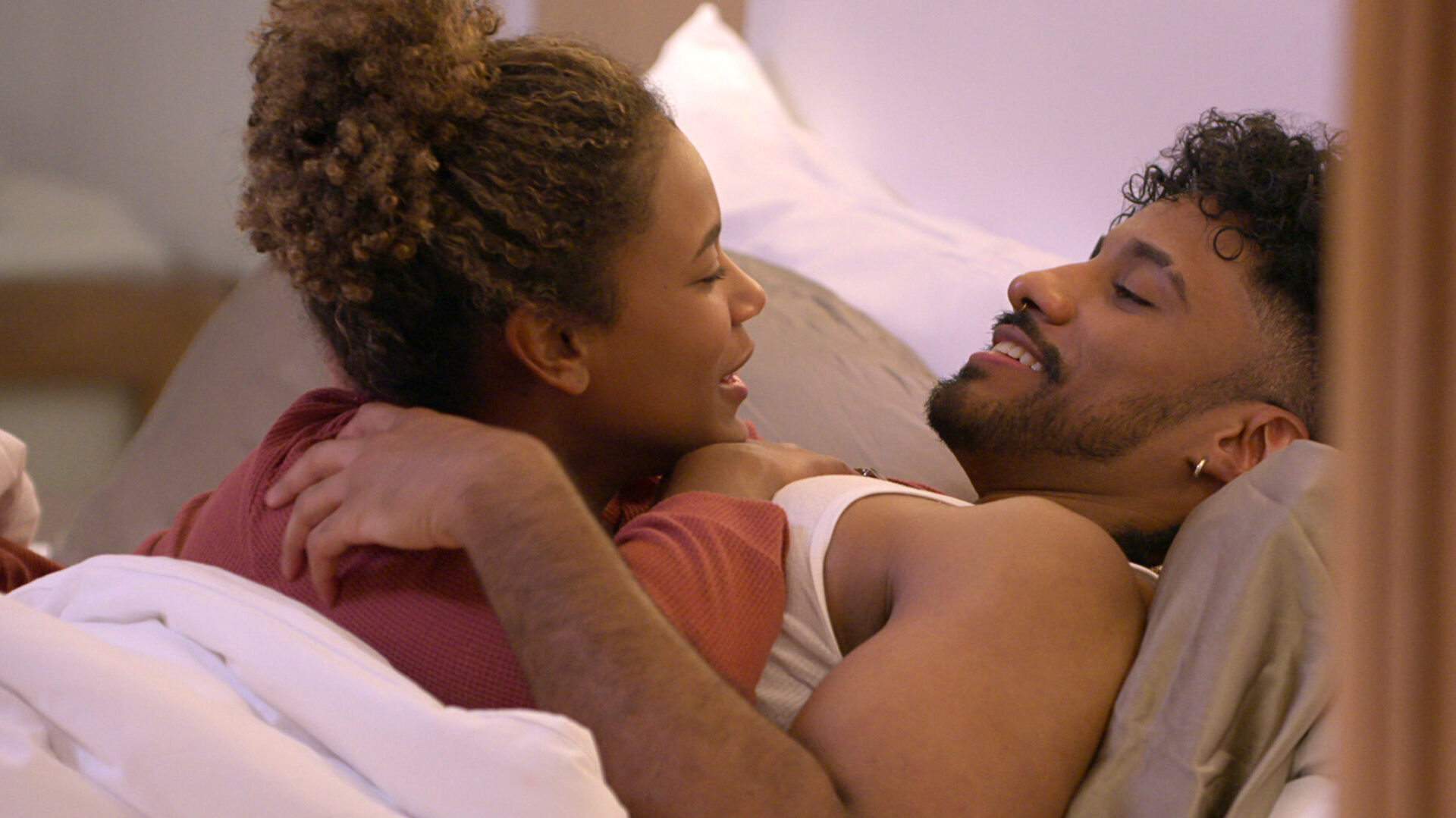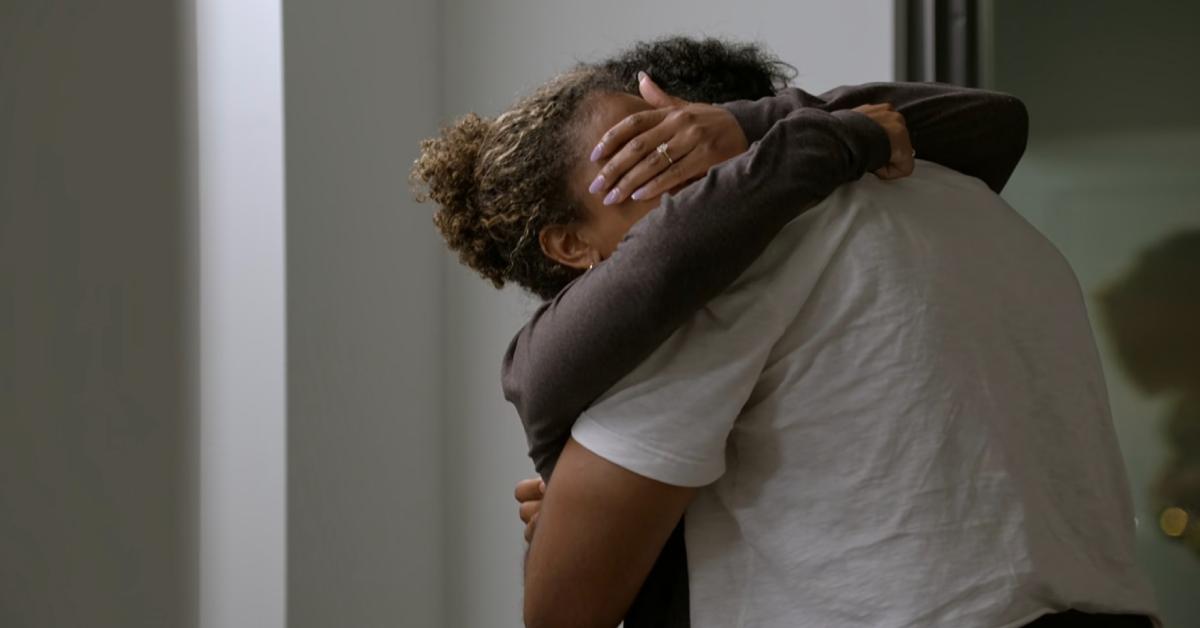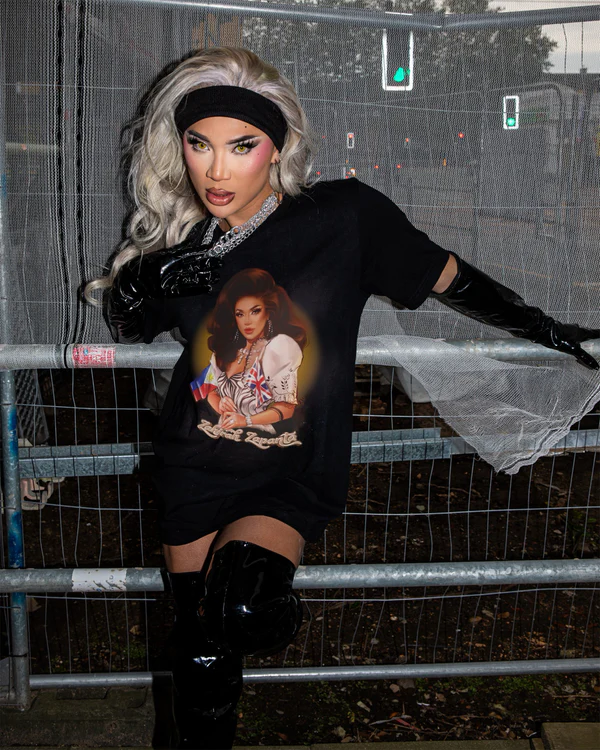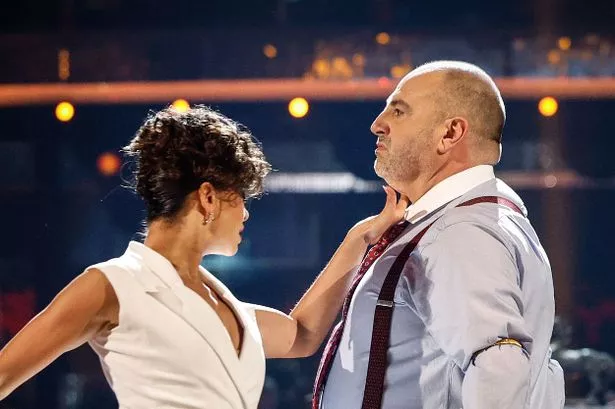In a poignant moment of reality TV that feels all too familiar, Love Is Blind Season 7 encapsulated the raw, unfiltered essence of heartbreak through Marissa George’s emotional breakdown. As I watched her navigate the painful aftermath of her fiancé Ramses Prashad’s sudden decision to end their relationship just days before their wedding, I found myself reflecting on my own experiences with love and loss. This scene transcends the usual drama associated with reality television; it resonates deeply, reminding viewers that heartbreak is a universal experience, often fraught with feelings of inadequacy and despair.
Here's ads banner inside a post

As Marissa sits on the bed, tears welling in her eyes, the tension in the room is palpable. Ramses, while struggling to articulate his feelings, states, “It’s not that I’m unsure about my love for you. It’s just I’m unsure about us.” His words cut through the air like a knife, and the sincerity of his tone contrasts sharply with the devastation etched on Marissa’s face. It is not just a simple breakup; it is a profound disconnection that she is grappling with. The emotional turmoil she displays—going limp before collapsing in a heap of despair—is a gut-wrenching depiction of heartbreak that many of us can relate to.

Here's ads banner inside a post
A Heartfelt Reminder
This scene struck a chord with me, echoing my own heartbreak from years ago. As Marissa hyperventilates, I’m transported back to my first serious breakup at 16. I vividly remember sitting on my bedroom floor, enveloped in despair after my high school boyfriend ended our two-year relationship. The crushing weight of sadness was all-consuming, a feeling I had never encountered before. Months dragged on, and rather than healing, I spiraled deeper into depression, prompting my mother to seek therapy for me. At that moment, I felt isolated and ashamed, believing that my grief was excessive and that I should simply “get over it.” Watching Marissa experience similar pain made me realize how important it is to express these feelings openly.

Here's ads banner inside a post
Marissa’s declaration that “this is the worst heartbreak I’ve ever experienced” echoed in my mind. It was a reminder that grief is not only valid but also universal. When heartbreak strikes, we often feel like we’re the only ones suffering, but moments like these remind us that we are not alone. It’s a human experience, and her portrayal brings compassion and understanding to what can often be a solitary journey.
The Authenticity of Reality TV
Reality TV is often criticized for its sensationalism and dramatization, leading viewers to question its authenticity. However, Love Is Blind offers a different narrative, presenting raw human emotion rather than scripted confrontations or exaggerated scandals. The relationship between Marissa and Ramses encapsulates the reality of love—sometimes it doesn’t work out, and that’s okay. This isn’t about flashy betrayals or shocking revelations; it’s a portrayal of genuine heartache, a reminder that love doesn’t always lead to a happy ending.

In contrast to the dramatics of other reality shows, such as The Bachelor or Vanderpump Rules, where the chaos often overshadows the emotional weight of relationships, this scene strips away the theatrics. The rawness of Marissa’s reaction feels necessary, offering a sense of validation for those who have experienced similar feelings. When Ramses states, “I just don’t think we’re meant to be,” it reflects a harsh reality many face—sometimes love is simply not enough.

Breaking the Stigma of Heartbreak
In a world saturated with curated perfection—where influencers project ideal lives and AI-generated content fabricates reality—the authentic moments in shows like Love Is Blind become vital. They remind us that feeling heartbroken doesn’t make us weak; it makes us human. The relatability of Marissa’s response challenges the stigma surrounding heartbreak, showing viewers that it is perfectly normal to grieve the loss of a relationship.
Marissa’s emotional collapse serves as a powerful reminder that heartbreak is not just about romantic loss; it can also resonate with the deeper issues of self-worth and identity. The feeling of being “not enough” can haunt anyone going through a breakup. Her vulnerability allows viewers to connect with their own experiences, providing a space for healing and understanding.

The Importance of Emotional Representation
The significance of Marissa’s story lies not only in the heartbreak but also in its capacity to foster empathy. As viewers, we see ourselves reflected in her journey, creating a shared understanding of the complexities of love and loss. This authenticity is a welcome change in a reality TV landscape often filled with superficial narratives.

Moreover, moments like these can spark conversations around mental health and emotional wellbeing. As Marissa navigates her heartbreak, it opens the door for discussions about seeking help and finding support during difficult times. It encourages individuals to embrace their feelings rather than suppress them, validating the emotional spectrum that accompanies love.




